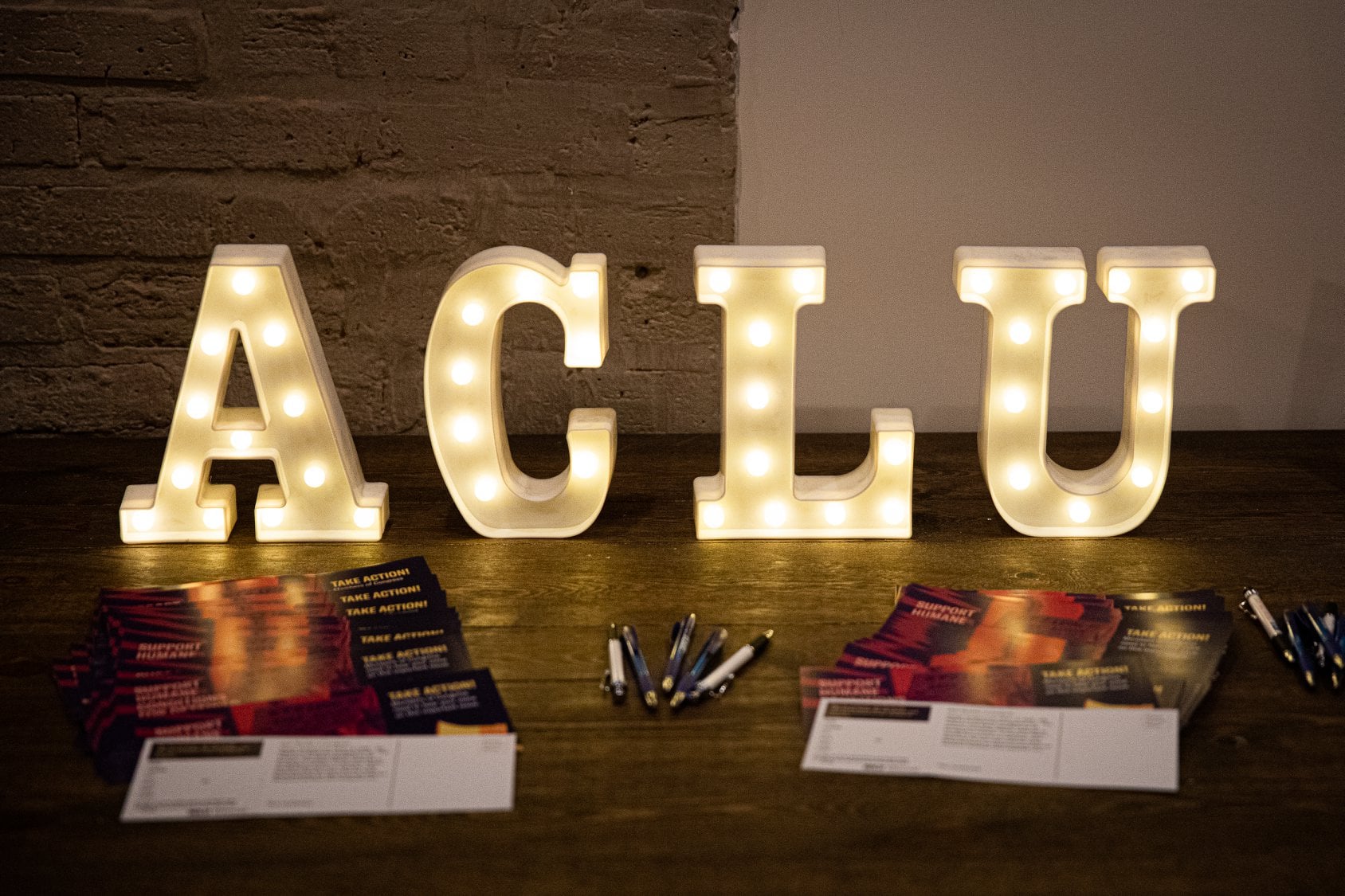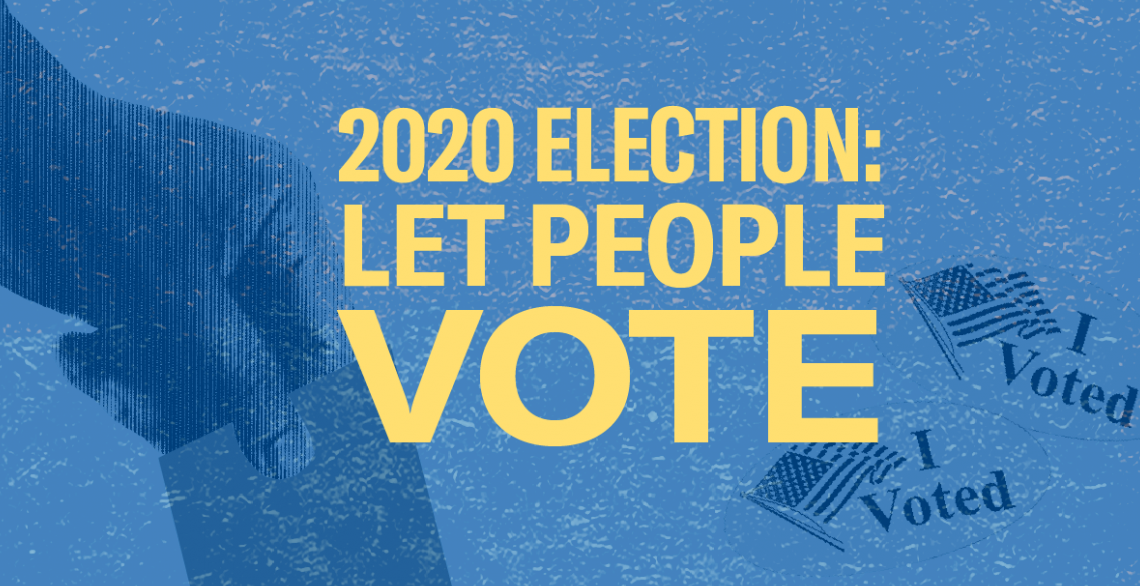When the ACLU of Illinois founded the Next Generation Society in 2015, our goal was to bring together a diverse group of people united by a common commitment: to support the essential work of the ACLU. For a century, the ACLU has fought tirelessly to hold America to its promises. And over the last five years, the Next Generation Society has played a critical role in that fight. We have grown into a vibrant and vital part of the ACLU’s efforts to protect protestors’ First Amendment rights, reimagine policing, uphold reproductive freedom, preserve privacy, and much more.
Activism and engagement have been central to Next Gen’s identity and impact from the start. Next Gen members have organized and participated in ACLU fundraising and events, taken to the streets, championed legislative initiatives, and served as cooperating attorneys and volunteers. When the Trump Administration issued the Muslim ban, Next Gen members showed up at O’Hare Airport to protest.
When the administration ramped up surveillance on social media, Next Gen organized to share actionable guidance about protecting your privacy. Next Gen board members organized the benefit concert RiseUp and launched an annual celebrity-chef dinner, with the proceeds funding the ACLU’s work.
When the ACLU needed additional resources because of the unprecedented number of attacks on our rights, Next Gen launched the Freedom Fund, an ambitious campaign to raise $1 million dollars for the ACLU over five years. And thanks to the commitment of its members and supporters, Next Gen is now able to fully fund an ACLU staff attorney position each year.
On the eve of a consequential election, we must remain focused on the challenges we will face regardless of the outcome. As crucial as this election is, its outcome will not automatically fix policing, reform the broken criminal legal system, or end our prison-industrial complex. It will not end the siege on reproductive rights in the courts. And it will not reunite the 545 children who still remain separated from their parents by the Trump administration’s cruel family separation practice because their parents have not been found.
The hard work is just beginning. We will need the ACLU and the Next Generation Society not only to undo the many harms of the Trump Administration, but to rebuild our country and finally realize its unmet promises of equality and justice for all. In the end, we believe the promise of America – our values, our democracy, and above all, our shared humanity – is worth fighting for.
We want to thank every member of the Next Generation Society for helping the ACLU in this fight. We will stand on the front lines, together, as long as it takes for America to fulfill its promise to all its people.
Date
Saturday, October 31, 2020 - 12:15pmFeatured image

